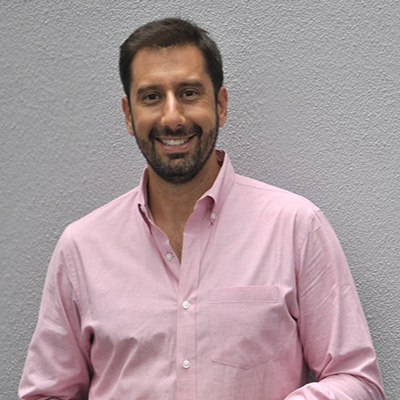Rabbi Josh Weinberg
Exodus 6:7 and Exodus 24:7, as interpreted by Rabbi Joseph Soloveitchik
Summary of Va-eira
- Despite God’s message that they will be redeemed from slavery, the Israelites’ spirits remain crushed.
- God instructs Moses and Aaron to deliver the Israelites from the land of Egypt. (6:2–13)
- The genealogy of Reuben, Simeon, Levi, and their descendants is recorded. (6:14–25)
- Moses and Aaron perform a miracle with a snake and relate to Pharaoh God’s message to let the Israelites leave Egypt. (7:8–13)
- The first seven plagues occur. God hardens Pharaoh’s heart, and Pharaoh rescinds each offer to let the Israelites go. (7:14–9:35)
Summary of Mishpatim
- Interpersonal laws ranging from the treatment of slaves to the exhibition of kindness to strangers are listed. (21:1–23:9)
- Cultic laws follow, including the commandment to observe the Sabbatical Year, a repetition of the Sabbath injunction, the first mention of the Three Pilgrimage Festivals, rules of sacrificial offerings, and the prohibition against boiling a kid in its mother’s milk. (23:10–19)
- The people assent to the covenant. Moses, Aaron, Nadab, Abihu, and seventy elders of Israel ascend the mountain and see God. Moses goes on alone and spends forty days on the mountain. (24:1–18)
Questions
- As Rabbi Weinberg explains, Rabbi Soloveitchik’s (a prominent 20th century Orthodox rabbi) interpretation of Exodus 6:7 suggests a covenant of fate between God and the Jewish people. Do you feel that you carry the history of the Jewish people with you in your life? If so, in what ways?
- Similarly, Rabbi Soloveitchik interprets Exodus 24:7 as a covenant between the Jewish people and destiny.
- Are there examples in your own life that illustrate the ways you are committed to God’s covenant of destiny with the Jewish people?
- Rabbi Weinberg tells the story of the man with two heads whom Rabbi Joseph Soloveitchik compared to the Jewish people, noting that when one part of the body feels pain, the entire body feels it. In what ways do you feel connected to the entirety of the Jewish people?

